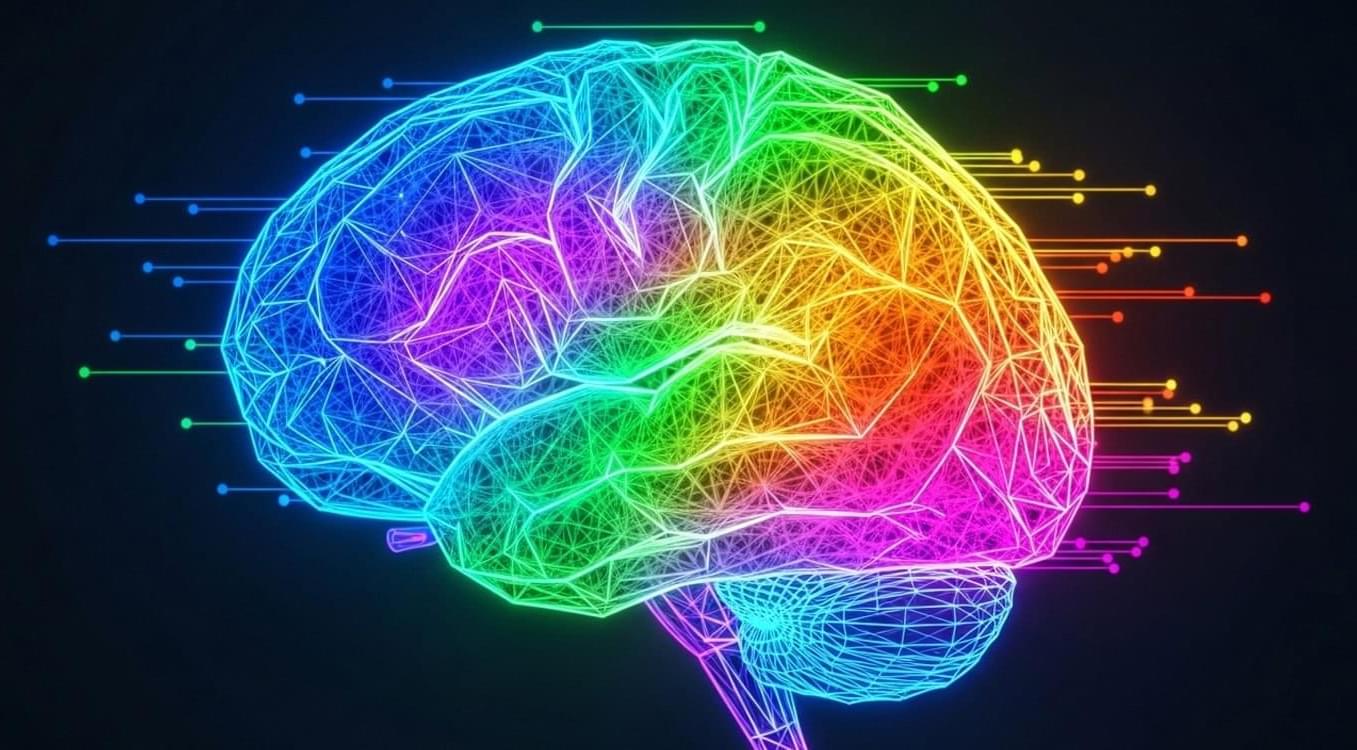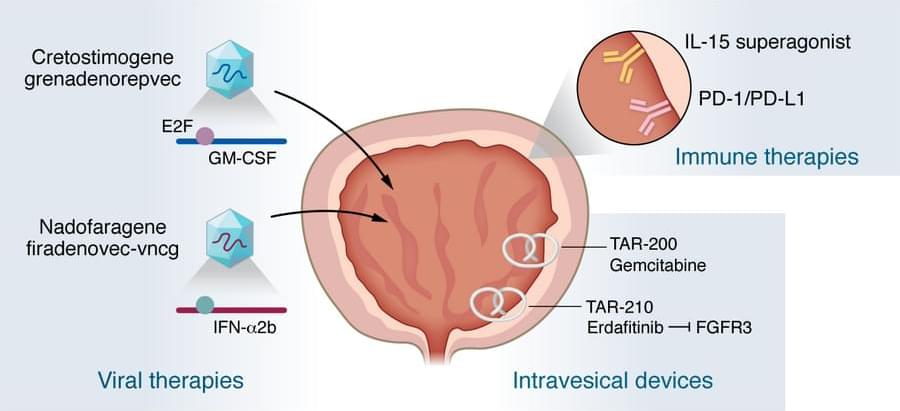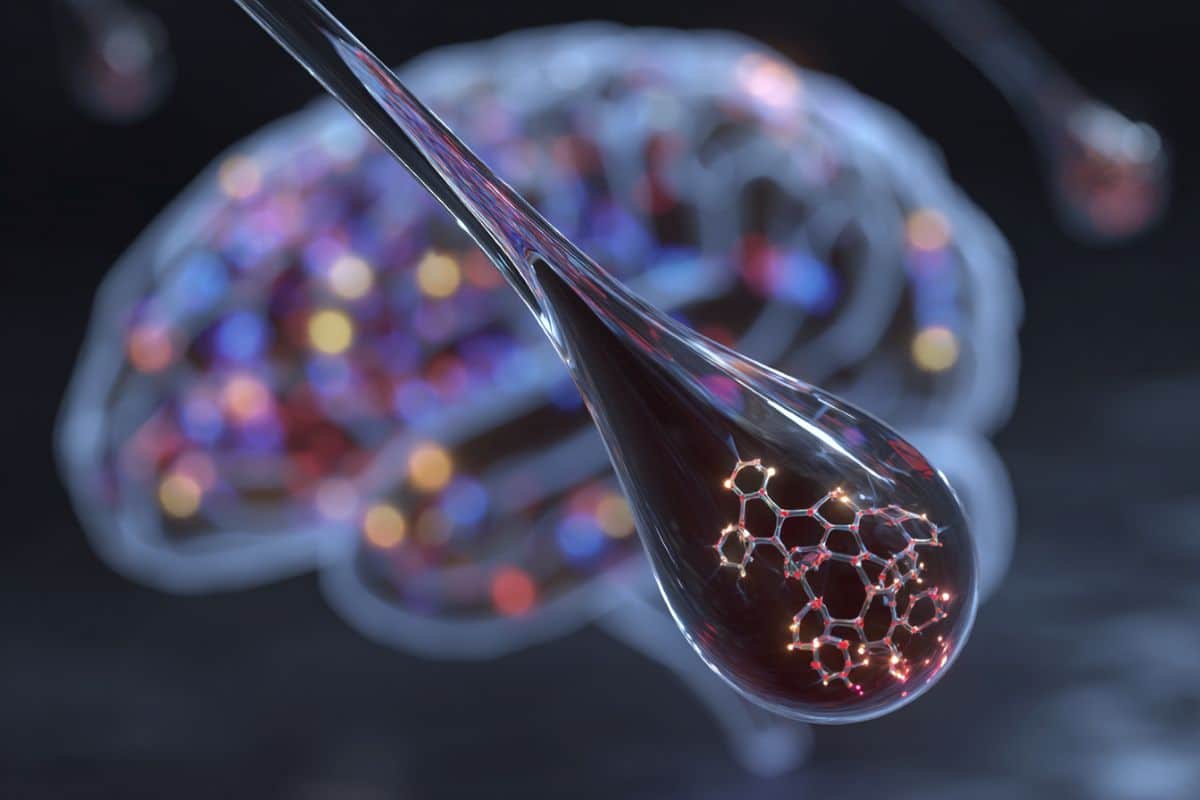Editorial: A parent-led developmental intervention improved executive function at school age in preterm children, especially in disadvantaged settings, supporting early, home-based approaches for neurodevelopment.
In a report of a trial in JAMA Pediatr ics, Tarouco et al1 describe studying the effect of a parent-led enhanced developmental intervention (EDI) on executive function at school age among children born preterm in Porto Alegre, Brazil. The intervention took place from ages 7 months to 12 months, and children who received parent-led EDI performed significantly better than those in the usual care group across all 4 domains assessed, with the strongest effects noted for motor persistence and inhibition.2
Executive function refers to the set of higher-order cognitive processes involved in emotional self-regulation and independent goal-directed behavior.3 Specifically, executive function comprises 3 major facets, working memory, inhibitory control, and cognitive flexibility, which form the basis of critical processes such as reasoning, problem-solving, and planning.4 As Tarouco et al1 note, executive function has been found to be more important for school readiness than a child’s IQ or entry-level reading or math skills.5 Children born preterm are more likely to have deficits in executive function as a consequence of numerous factors, including brain injury and reduced brain volume in regions associated with executive functioning (cerebral white matter; frontal, parietal, and temporal cortices; basal ganglia; and cerebellum) compared with term-born controls; medical comorbidities associated with prematurity (eg, bronchopulmonary dysplasia, necrotizing enterocolitis, sepsis) causing further oxidative damage; and neurosensory impairments.6 These deficits lead to academic challenges with lower scores in mathematics, reading, spelling, and writing; increased risk of learning disabilities; and multiple challenges navigating the demands of daily life.7 Given these widespread consequences, interventions addressing executive function are crucial in mitigating developmental delays in preterm infants and improving school success and participation. The neonatal and early infancy periods represent a window of opportunity to leverage the developing brain’s neuroplasticity to enhance long-term social and academic development.8
The majority of studies on measuring and improving executive function have been conducted in high-income, typically Western, industrialized countries, which represent a small fraction of the global population.9 Environmental and cultural factors, including home familial structure, diet and nutrition, parenting styles, home enrichment, and early life experiences, can vary vastly between high-income settings and low-to-middle-income countries (LMICs). There are a dearth of data surrounding interventions tailored to improving executive function in LMICs and a limited understanding of the factors that are protective for early development. The study by Tarouco et al1 adds valuable data relevant to this need. Importantly, the study intervention demonstrated benefit among a study cohort with social disadvantage because the majority of participants were receiving governmental assistance and attending public schools and participant mothers were largely from low socioeconomic strata.






